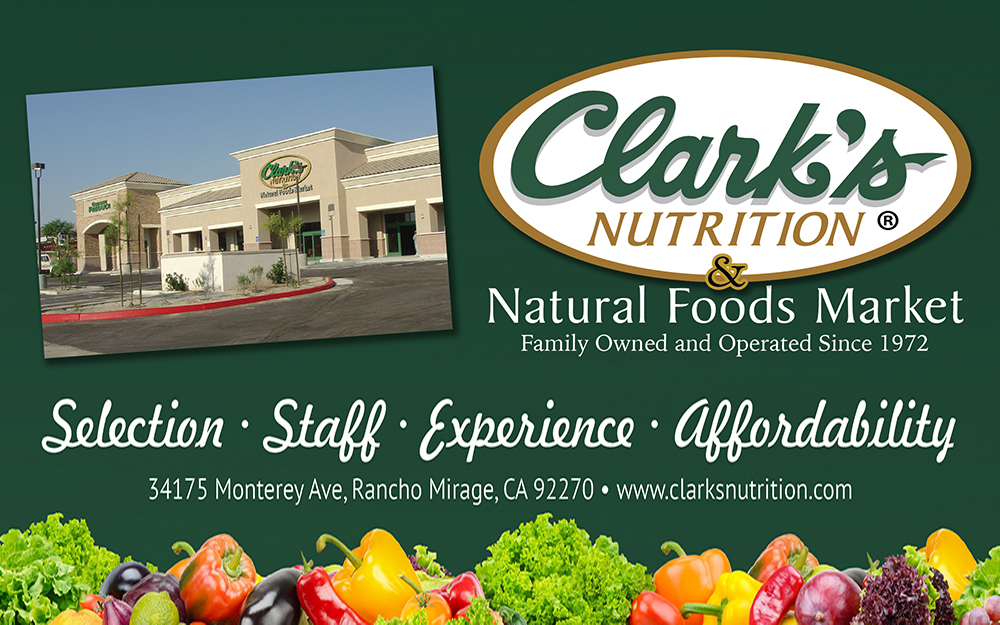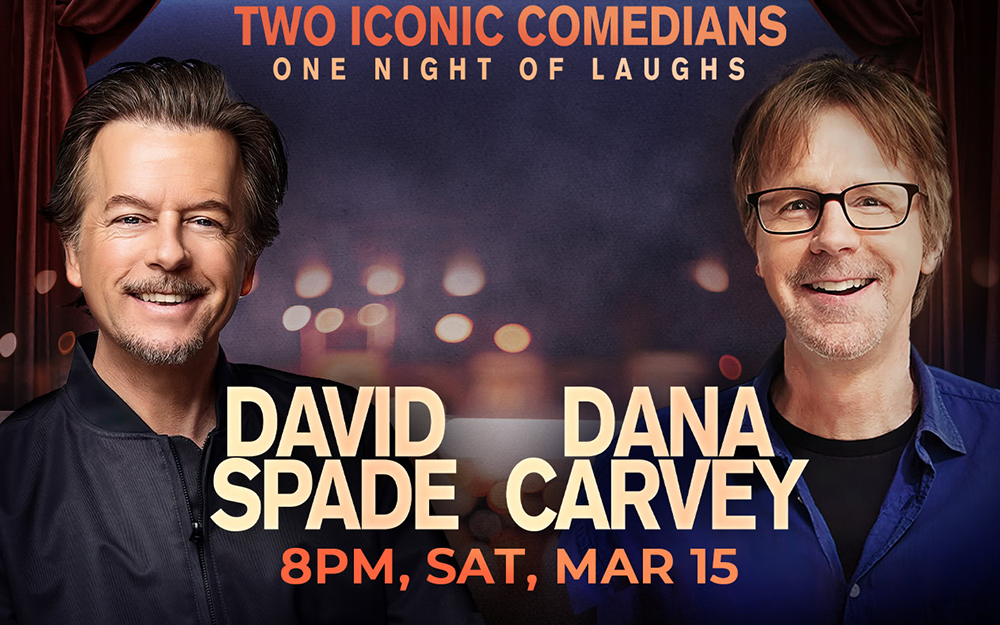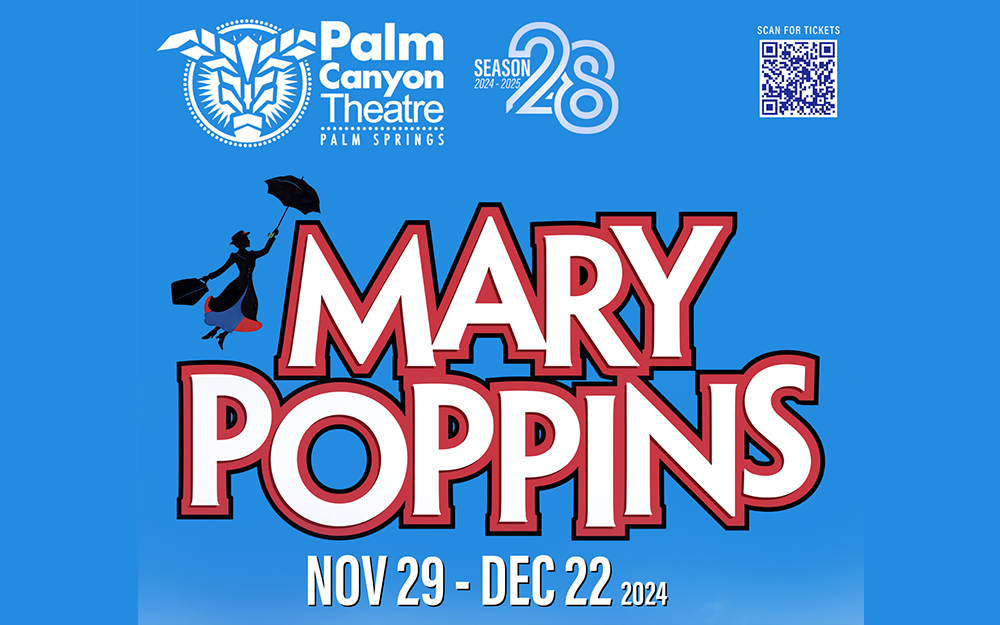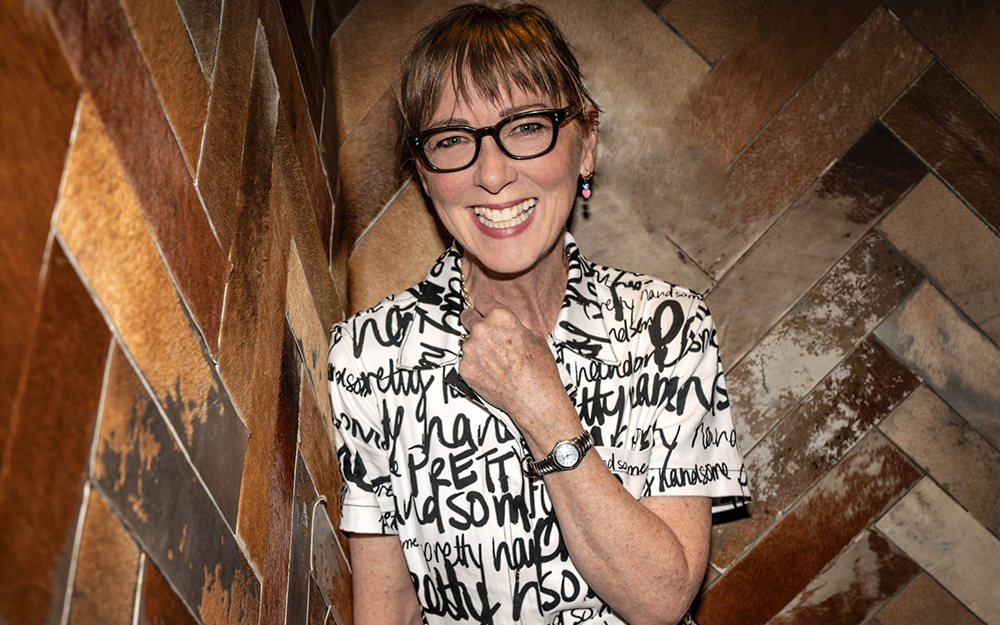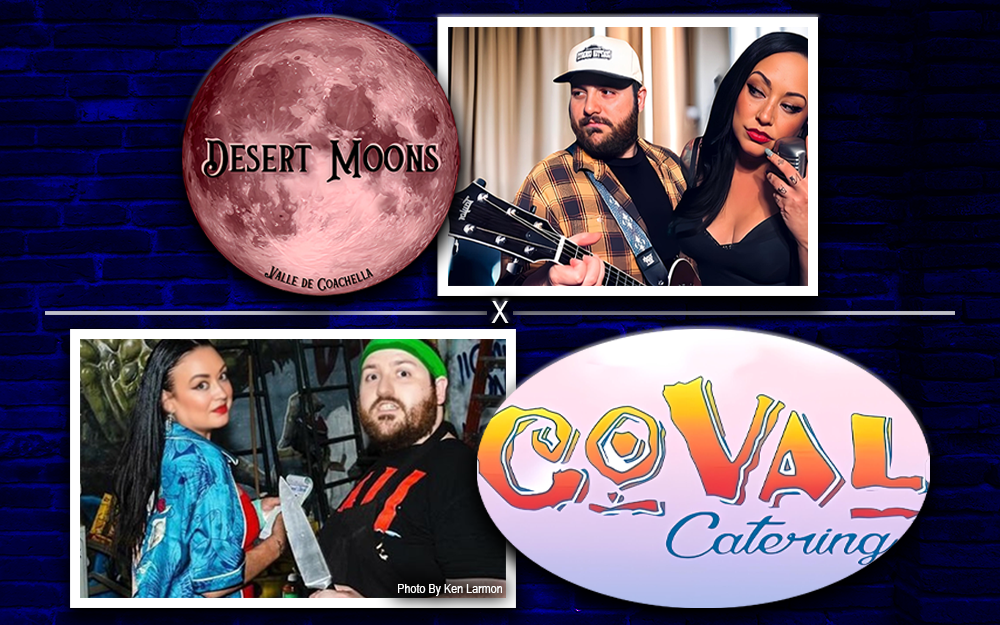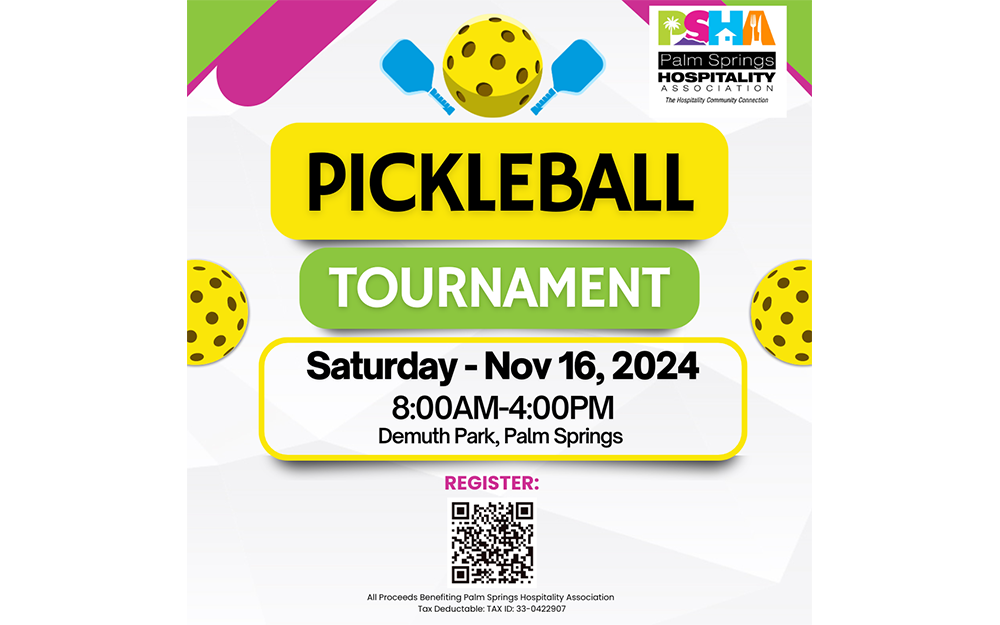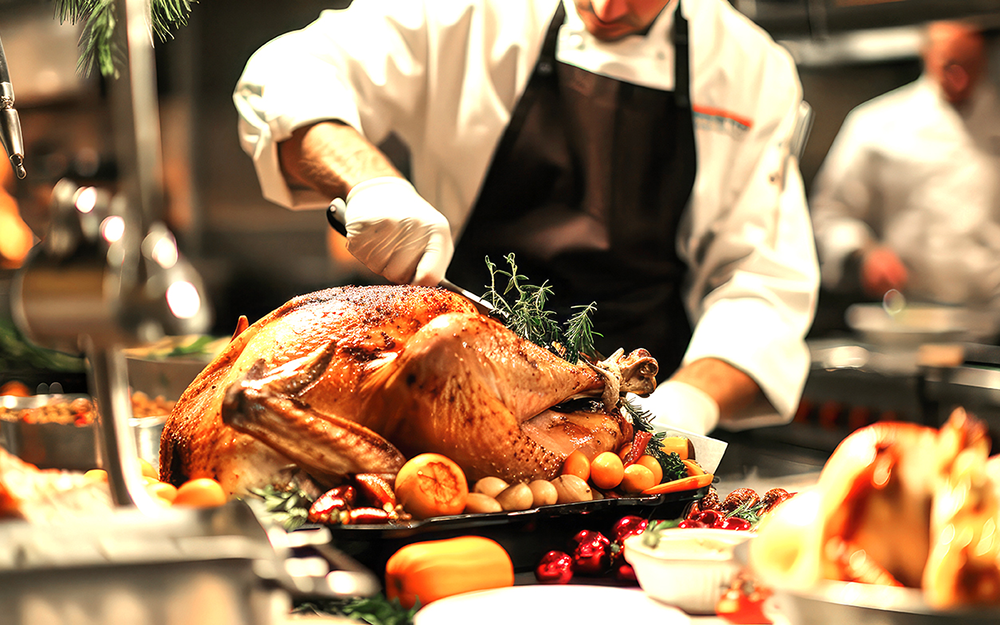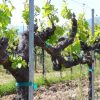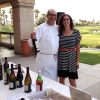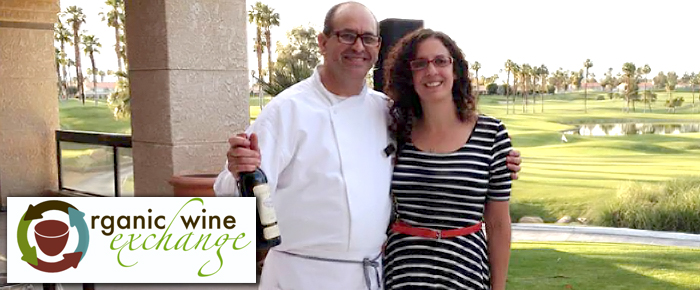
By Rick Riozza
In theological circles, the debate still rages on whether sinful man has the honest free will to choose to love a Holy God—or is it God who does the choosing first. On a much lighter note, there is no question that we have free-volition to decide or not, what wine to drink tonight: one made with organically grown grapes or not.
But of course, what was I thinking. Actually, I was thinking of meeting Annie Arnold, owner of the Organic Wine Exchange, over at some Mexican restaurant to celebrate Cinco de Mayo with a Marguerita or a Michelada. Instead, we met up over at the Palm Greens Café which is a well-loved eatery known for their organic cuisine and great veggie fare. The menu there looks terrific!
We laughed about making it a very healthy Cinco de Mayo—we’d take a rain- check on Mexican stuff at a later date—and then quickly decided to enjoy a delightful Sauvignon Blanc from Chile. The wine was quite delicious and was a perfect thirst quencher for the hot day. And, it was made from organically grown grapes. No pesticides, insecticides, nor fungicides nor other toxic stuff would be interfering with our quaffing.
Call if a quiet conundrum, if you will, where so many foodies, vegans, and intelligent healthy eaters simply disregard and/or neglect the same well-being standards from their beverage, especially wine.
The last time I was up in the modish Marin County, I was invited to a lovely patio dinner party. The hosts were absolutely gracious and they were very proud to causally (and to continue to) inform us guests that everything in this banquet was organically grown and sustainably raised. No pesticides and no growth hormones here!
And just as impressive—as would any upstanding Marin resident provide—was the wonderful array of Napa and Sonoma county wines available for our meal. Without any agenda on my part—just simple conversation, I causally asked the hosts if, also, the wine on the table was made with organically grown grapes. If looks could kill! And I guess that meant—“no”. But it sure took the immodest wind out of their sails. You could see it throughout the dinner—and hey, I felt bad too for bringing it up—so I laid it on thick with how tasty the wine was.
But the reason they felt a little guilty was that they apparently knew that wine grapes are often and continually the victims of pesticide and insecticide spraying—the bad stuff that tags along in the wine making progress. But they conveniently and rather paradoxically let that info go from their minds and just focus on produce and meats.
What this confirms, is that “Beverages are off the radar when it comes to organics,” says Annie. “The beverage industry is definitely forgotten … people aren’t concentrating on it.”
Annie Arnold took her family’s wine and liquor store online in 2010, where she set her focus on organic wines to establish a mark in the wine trade and to become the herald for healthy and intelligent wine consumption. In creating this niche, most of the wineries that Arnold represents has a natural element to them, with many of them pursuing more sustainable and organic practices.
One of the predominant roles that Organic Wine Exchange participates in is education. “That’s why “exchange” is in the title of the company. We have a really important exchange of ideas, attitudes and facts surrounding this huge and important issue of healthy consumption.
Just like all the information that was finally disseminated on organic and sustainable foods & farming helped to fuel the food revolution, Annie is looking to the Organic Wine Exchange efforts to help educate consumers and stimulate the “organics” conversation in the wine industry. For Arnold, it’s about making an intelligent choice.
As I’ve written in articles before, the subject of organic wines is huge. It is no longer the wine topic of the future—it is now and forever. You know, organic wine was forever back in the day. In Biblical times, in the Middle Ages, and for so long in wine consumption history, man has been enjoying natural biodynamic wine. Benjamin Franklin and Thomas Jefferson loved their French organic wines.
But as “progress” would have it, “better life through chemistry” became the slogan and it was no secretthat many farmers and vintners use pesticides, herbicides or fungicides to rid their farms of pests, mold and other unwanted problems.
In my discussion with wine lovers, they are all up with the idea of “organic wine” but they seem to treat them as another type of varietal on the market. They will now add “Organic Wine” to their mental list of wines to know, such as Chardonnay, Syrah, Merlot, Pinot Grigio and the like. They have yet to have the mindset that every varietal on earth can be organically grown.
For those who already eat organically, you might want to try going organic with your wine, however, current wine labeling laws make it difficult to determine the wine’s contents. There are a lot of terms out there: natural wine, biodynamic, sustainably-produced, and of course, organic. At the Organic Wine Exchange, Annie is able to offer hundreds of wines to consumers and give them the resources they want to learn more about the organic wine industry. OrganicWineExhange.com, 949.945.7083
We’ll continue to discuss “organics” in up-coming articles—so stay tuned.
Look for some of Annie’s selection of wine in the Organic Wine section at Go Deli Market in Palm Springs. And you’ll find many of her wines on the menu at Copleys, Dish, Johannes, 3rd Corner Bistro, Lulu & Aqua Pazza, Si Bon as well as many other fine eateries.
Cheers!


